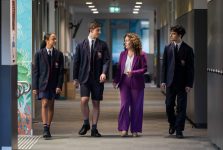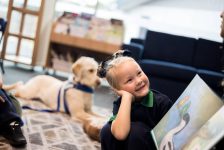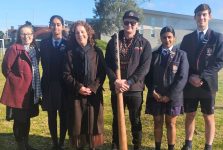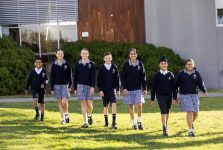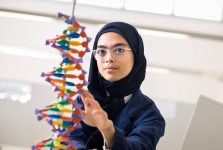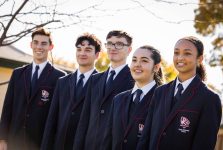Beyond the Classroom - Exploring the World!
Over the break, many families had the chance to travel, and at our Week 2 assembly, we heard from students who embraced some of the exciting travel opportunities offered by the school to our senior students. This included an amazing trip to France, rich in learning about art and history and immersion in the French language and culture, as well as a week-long adventure to Falls Creek to learn and refine our skills on skis or snowboards.
Included below are words from students who took part in these adventures:
Isabelle H: Travelling with our teachers and peers gave us the chance to experience learning in a completely different way being outside the classroom, immersed in a new culture with people we wouldn’t generally talk to. We had the opportunity to create new friendships and get to know each other better. Getting to know our supervising teachers better has helped improve teacher-student relationships.
From standing beneath the Eiffel Tower to walking through centuries-old castles, we didn't just study history; we experienced it. We got to try new foods, hear different languages all around us, and see how people live their daily lives in ways that are both similar and different from our own.
Nereesa W: This trip gave us the opportunity to broaden our horizons in ways we didn’t expect. When we first stepped out of the plane, we were surrounded by a completely different environment. The atmosphere, the language, and the architecture were different but so beautiful.
More than anything, this trip taught us how big and diverse the world is and how valuable it is to step outside of your comfort zone. When you are placed in a new environment with new people, new challenges, new expectations, new everything, you begin to see things differently. I felt invincible as the days flew by and miss going from place to place with my friends.
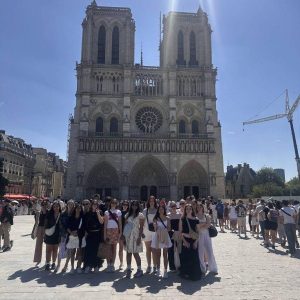
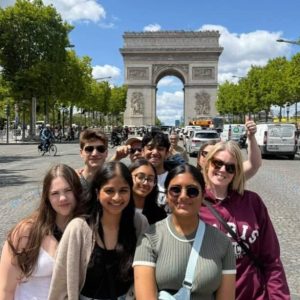
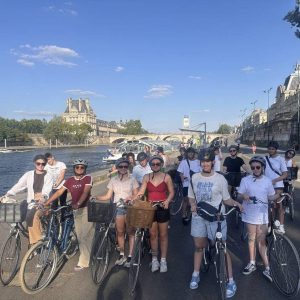
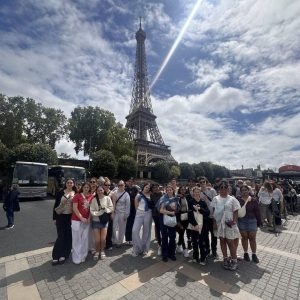
Snow Camp Reflection
David I: From the outset, the Snow Camp offered something distinctly different from what many of us were used to. It placed us outside of our usual learning environments and into a completely new context. As with any school-based experience, the camp wasn’t just about what we were doing - in this case, snowboarding or skiing - but about what we were learning about ourselves and each other.
While I have prior experience in skiing and snowboarding, over 16 students were stepping onto a snowboard for the very first time. This is where the true test of resilience began. It wasn’t about perfecting technique or going on advanced runs - it was about students taking on a completely unfamiliar challenge, pushing themselves outside their comfort zones, and consistently standing up after falling over.
My advice to all students is that you don’t have to take huge risks - you simply need to take the risk of trying something unfamiliar; something that puts you outside of your comfort zone, so you can learn and grow as a person. It’s through these moments of challenge that real growth happens.
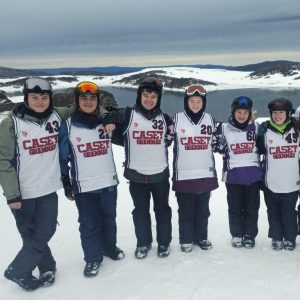
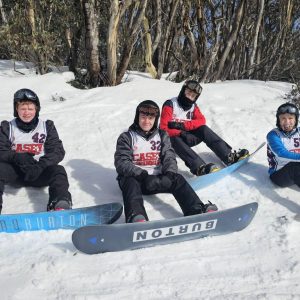
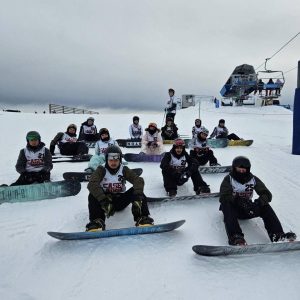
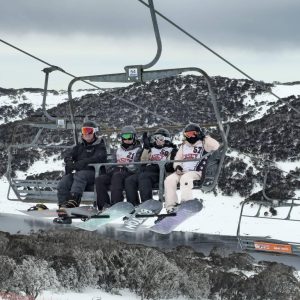
Year 8 and 9 Camps
This term, our Year 8 students have already headed out on camp to the Yarra Ranges where many experienced for the first time incredible adventures such as caving, white water kayaking, and mountain bike riding. They also explored the acts of conservation and sustainability that could improve our world from an everyday perspective.
Year 9 students will benefit from their upcoming camp around Cape Otway where they will be hiking along the Great Ocean Walk, facilitating the Adventurous Journey section of the Duke of Edinburgh Award, a part of the Year 9 Casey Challenge.
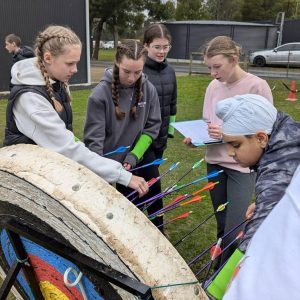
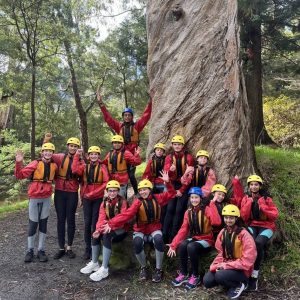
Opportunities to Say "Yes"
Students don’t need a passport or backpack to broaden their horizons. This can be as simple and powerful as saying yes. Yes to joining one of the many clubs that are promoted through the Casey Daily. Yes to signing up for some of the many House competitions that will be taking place this term. Yes to trying something new. Yes to stepping up for leadership or reaching out to help someone else.
Whether it be joining the activities run by the Social Justice Group, fundraising for the 40-Hour Famine, or setting new goals in their learning, each of these is a way of seeing beyond our own world and into the bigger picture. I encourage students to keep asking: Where might I go next? What might I try? How can I grow?
Lunchtime Clubs
In Senior School, lunchtime clubs and activities are promoted on the Casey Daily, which is emailed to students every morning, and appears on one of the many TV screens around the school. This is a great way to get involved, learn new skills and make new connections. Thank you to our dedicated staff who generously offer their time to make these opportunities possible.
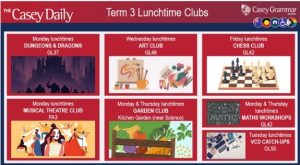
SIS Sport
The Term 3 weekly sport competition is underway, and Round 1 brought a wave of excitement to the entire school when our Intermediate Girls competed against St Peter’s College on our school oval at lunchtime. The crowd’s cheers lifted our players as they scored goal after goal in a convincing win – a great way to start the season!
Kate Morgan
Head of Senior School
Year 7 Humanities
As part of our Geography curriculum, Year 7 are studying the water cycle at different scales. Taking advantage of our sunny days, we spread the class learning outside and expanded our geographical skills to include field sketching. Learning to isolate the ideal section to show our local water cycle and then sketching it created a valuable opportunity to apply learning to the world around us. We then built on this back in the classroom to analyse the elements of the water cycle here at Casey Grammar and our place in our world.
This week the students of 7B and 7D became Junior Archaeologists in our History lessons. Channelling their inner ‘Indiana Jones’, students worked in small groups to uncover the secrets of the ancient civilization of ‘Gibsonia’, by carefully studying ‘rare artefacts’ lost to time. Students used brushes to carefully clean and inspect the objects, then catalogued them for further analysis. Using their skills, our archaeologists found gold coins, pottery, and even precious gems!
By using hands-on approaches, students have the opportunity to engage in a more immersive style of learning about the past and see that learning about the past doesn’t mean you have to have your head in a textbook! Learning can happen in a wide range of ways, each more exciting than the next.
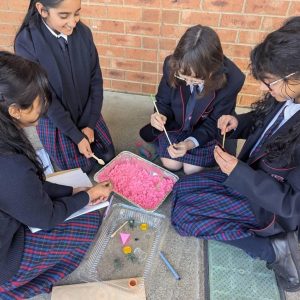
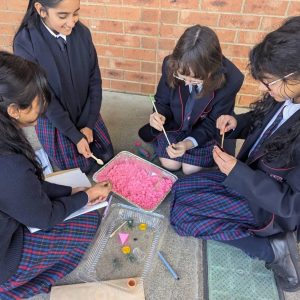
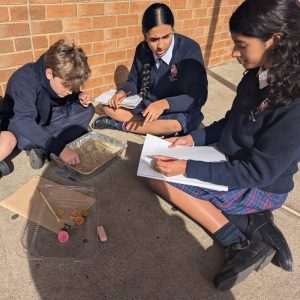
Aleks Gibson
Year 7 History Teacher


 923
923



